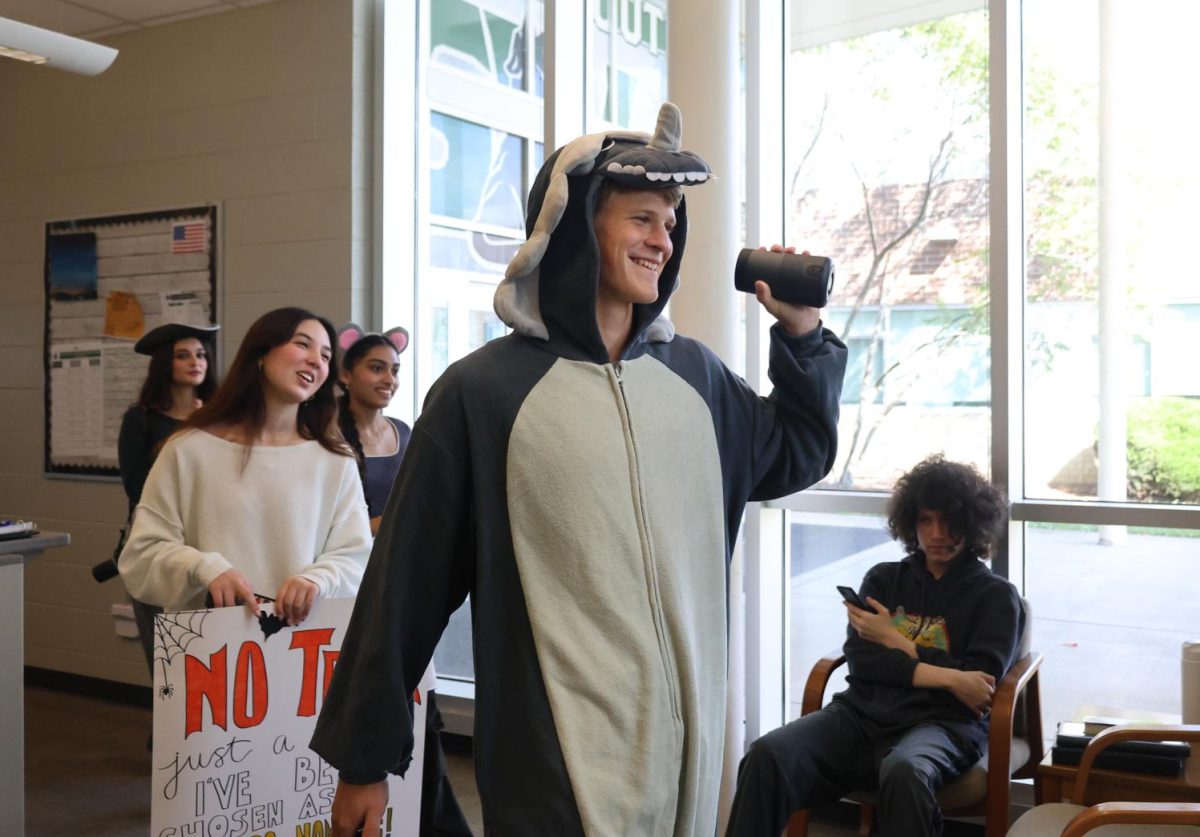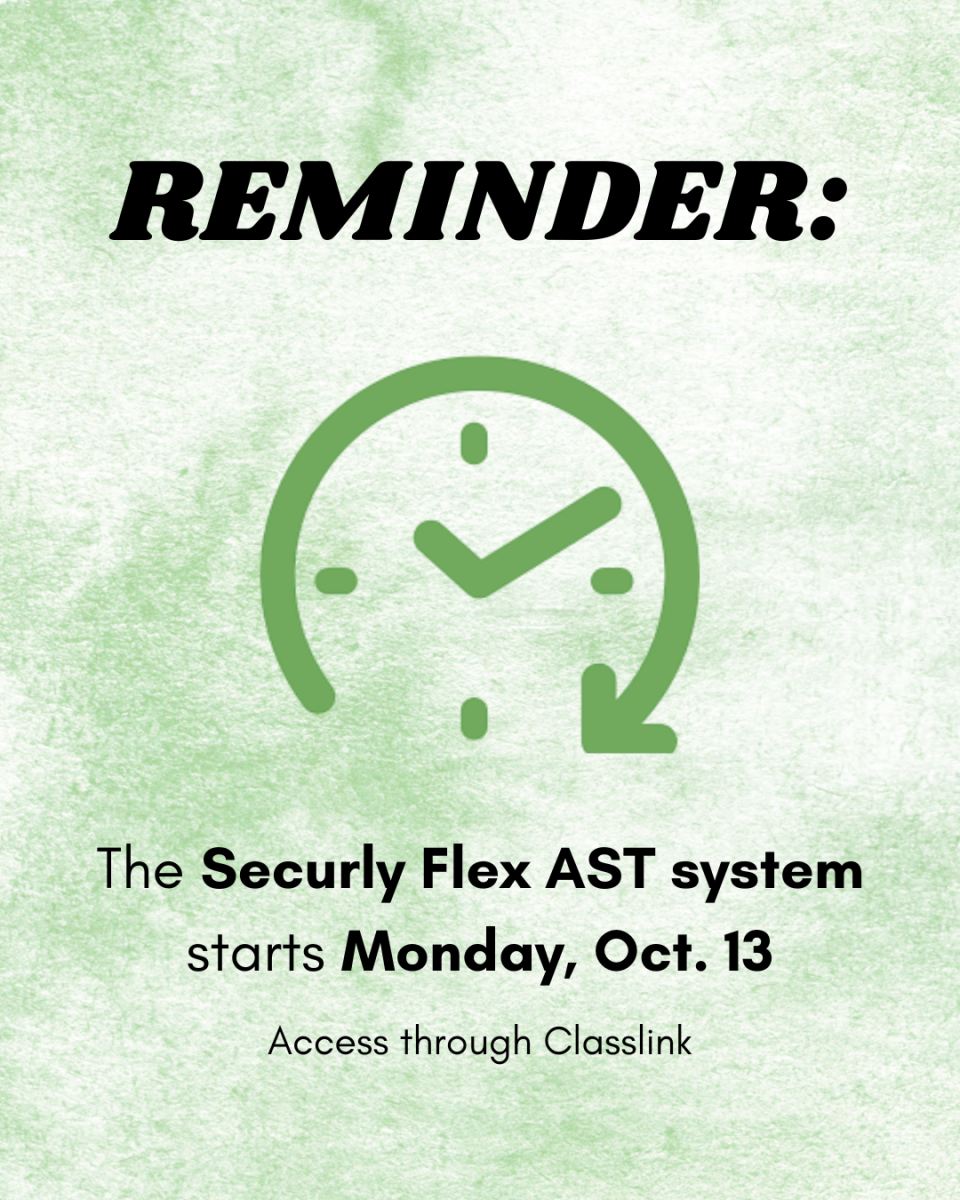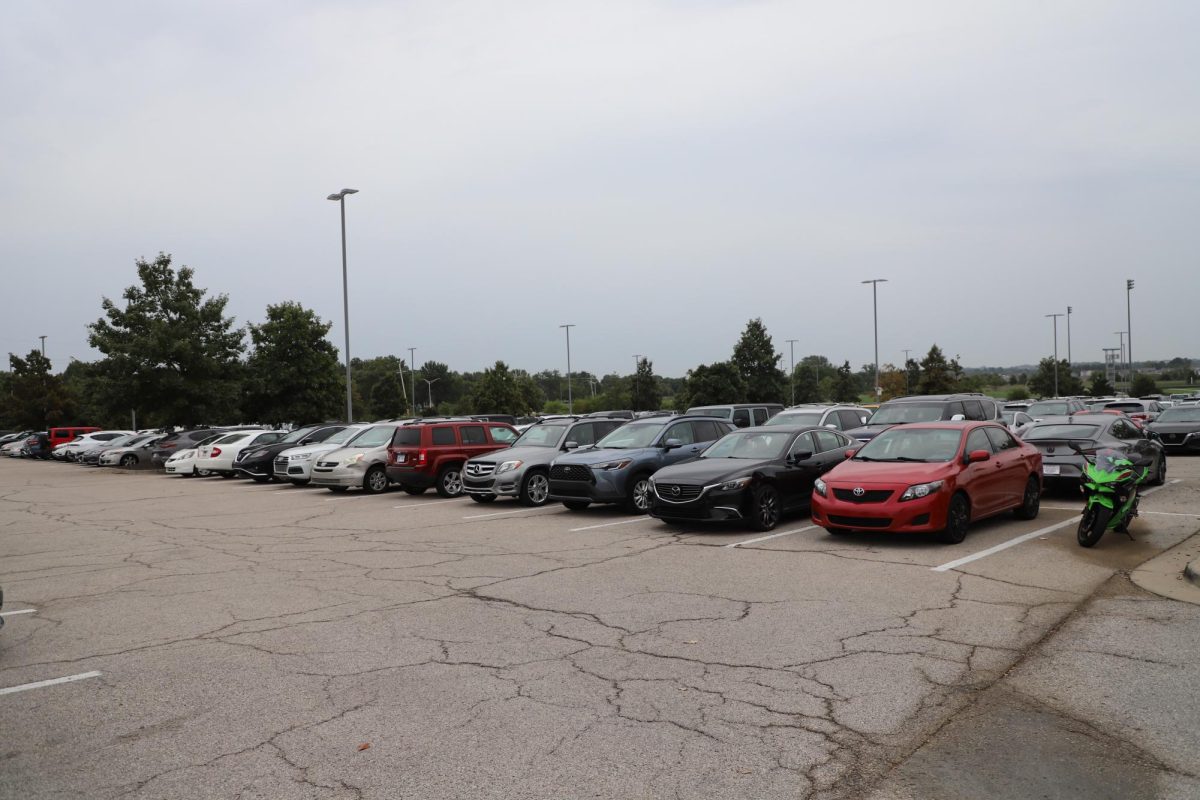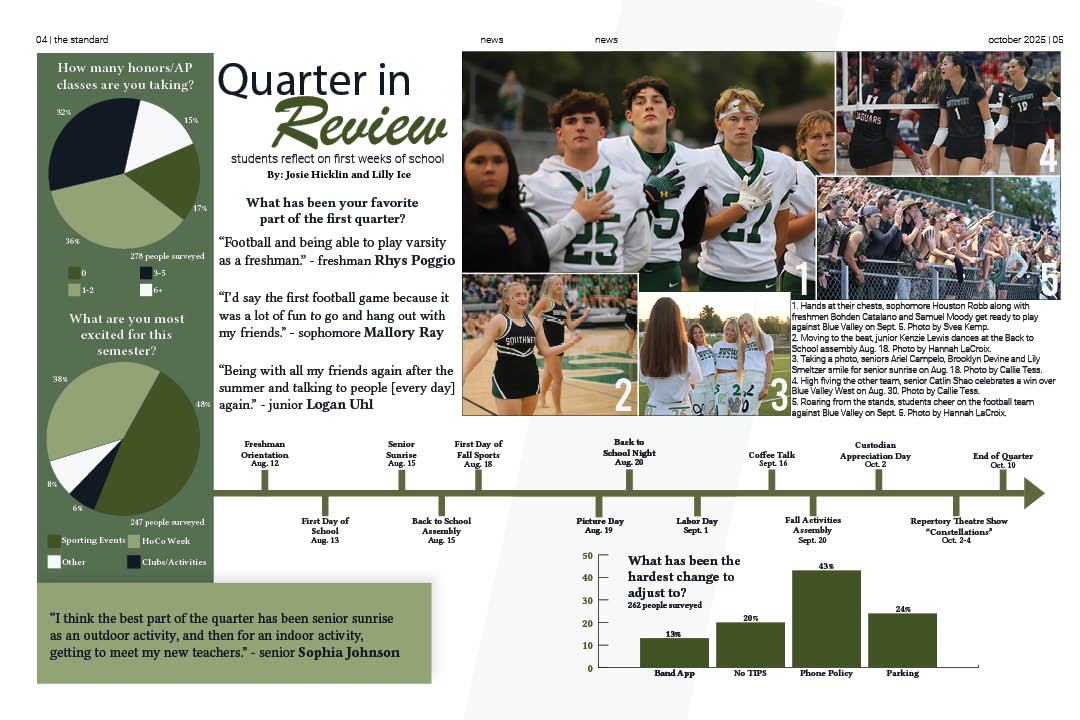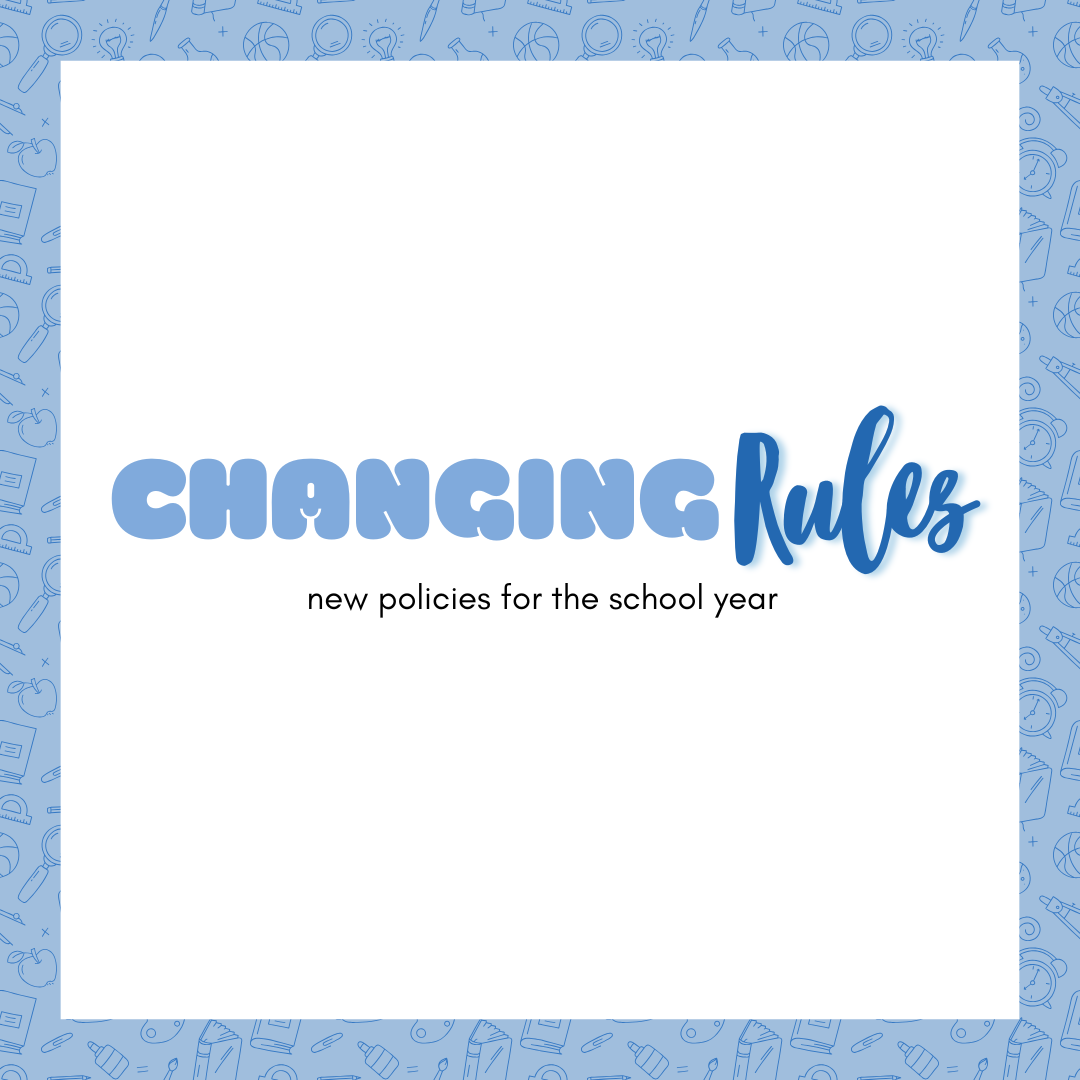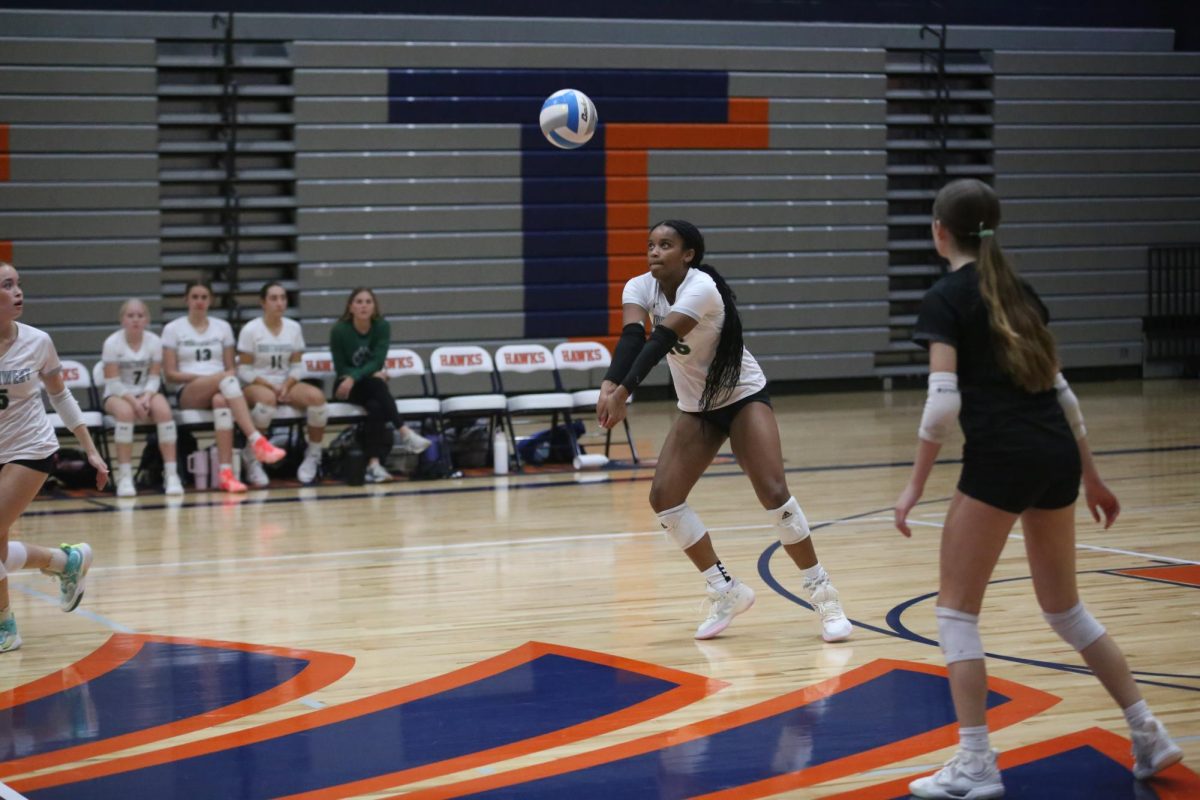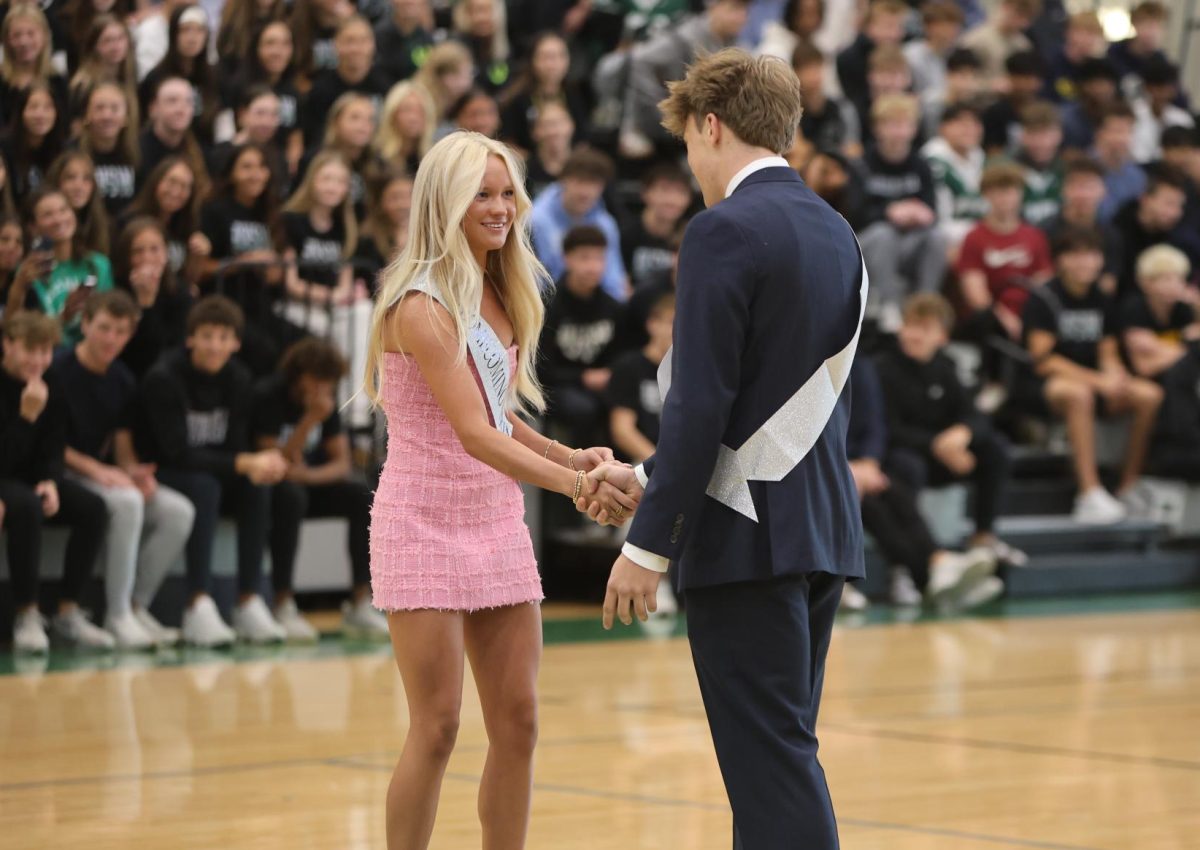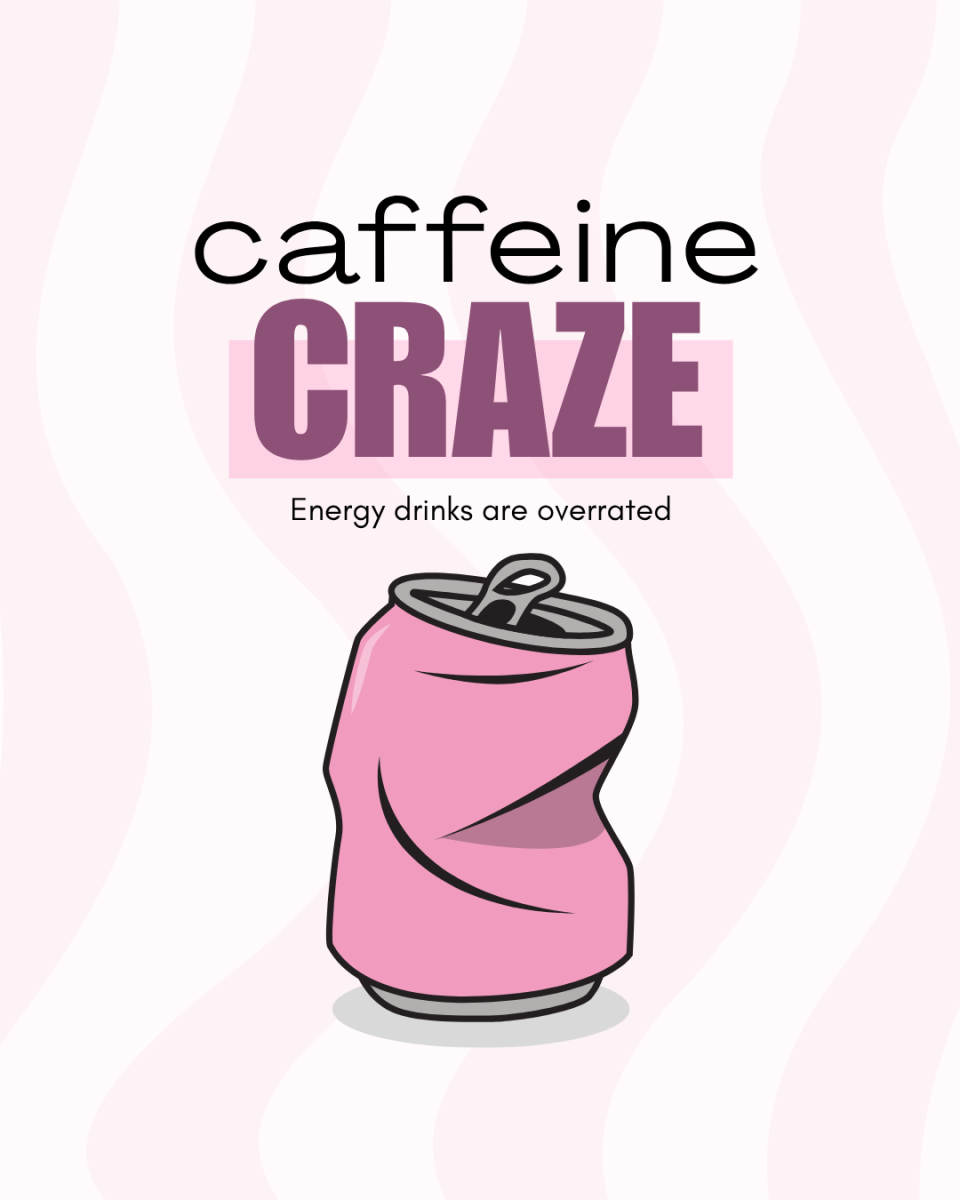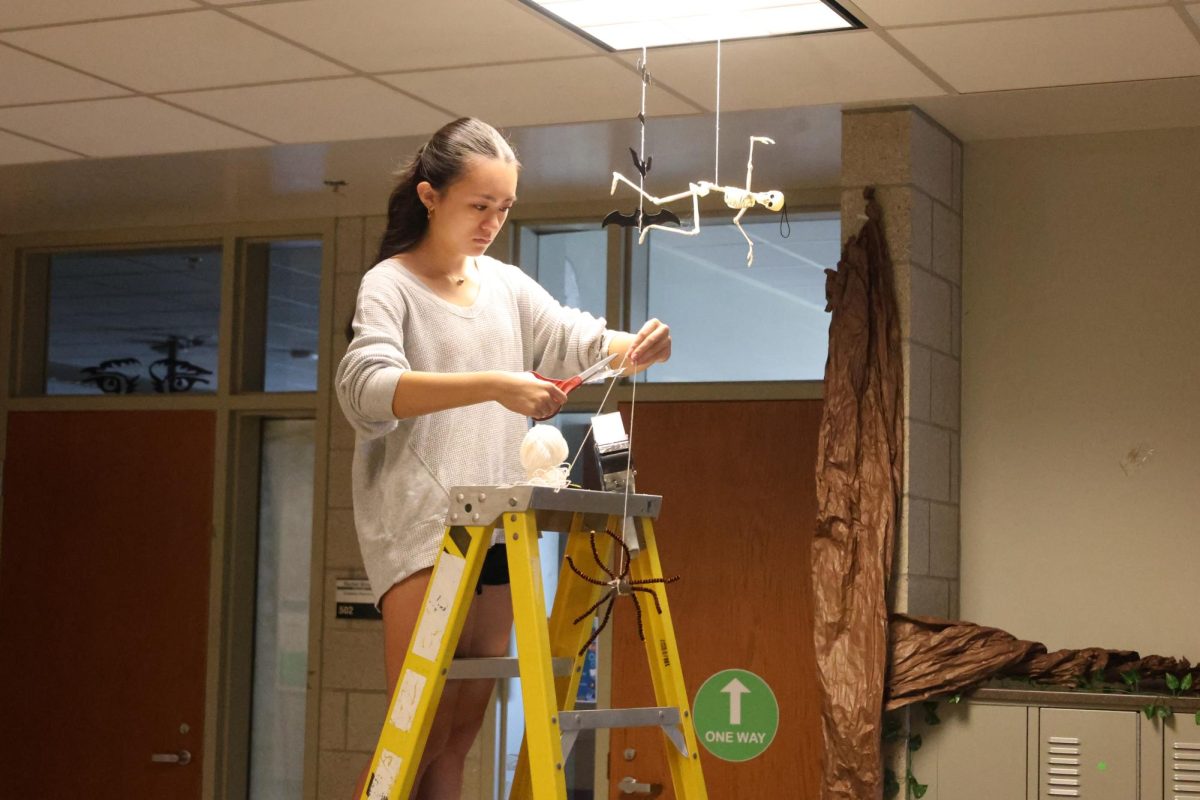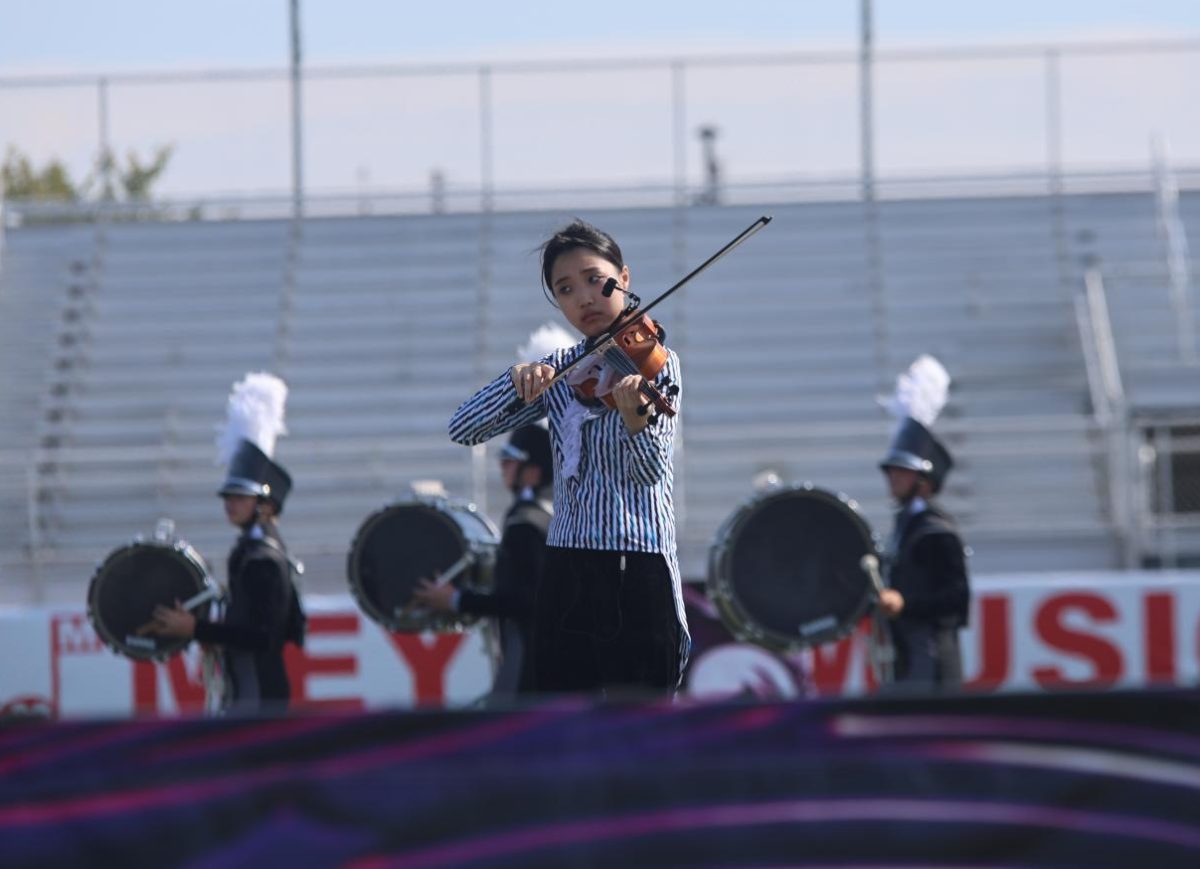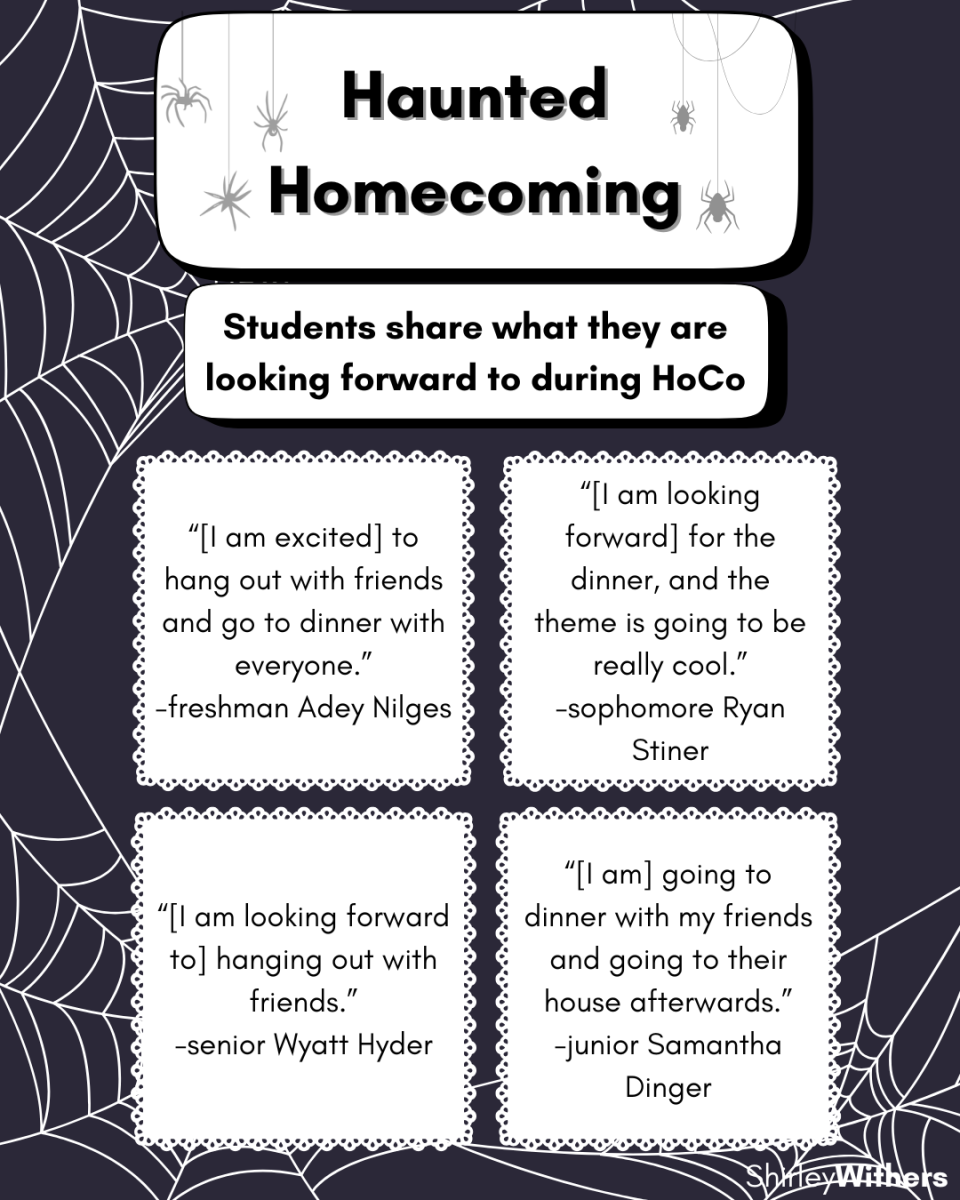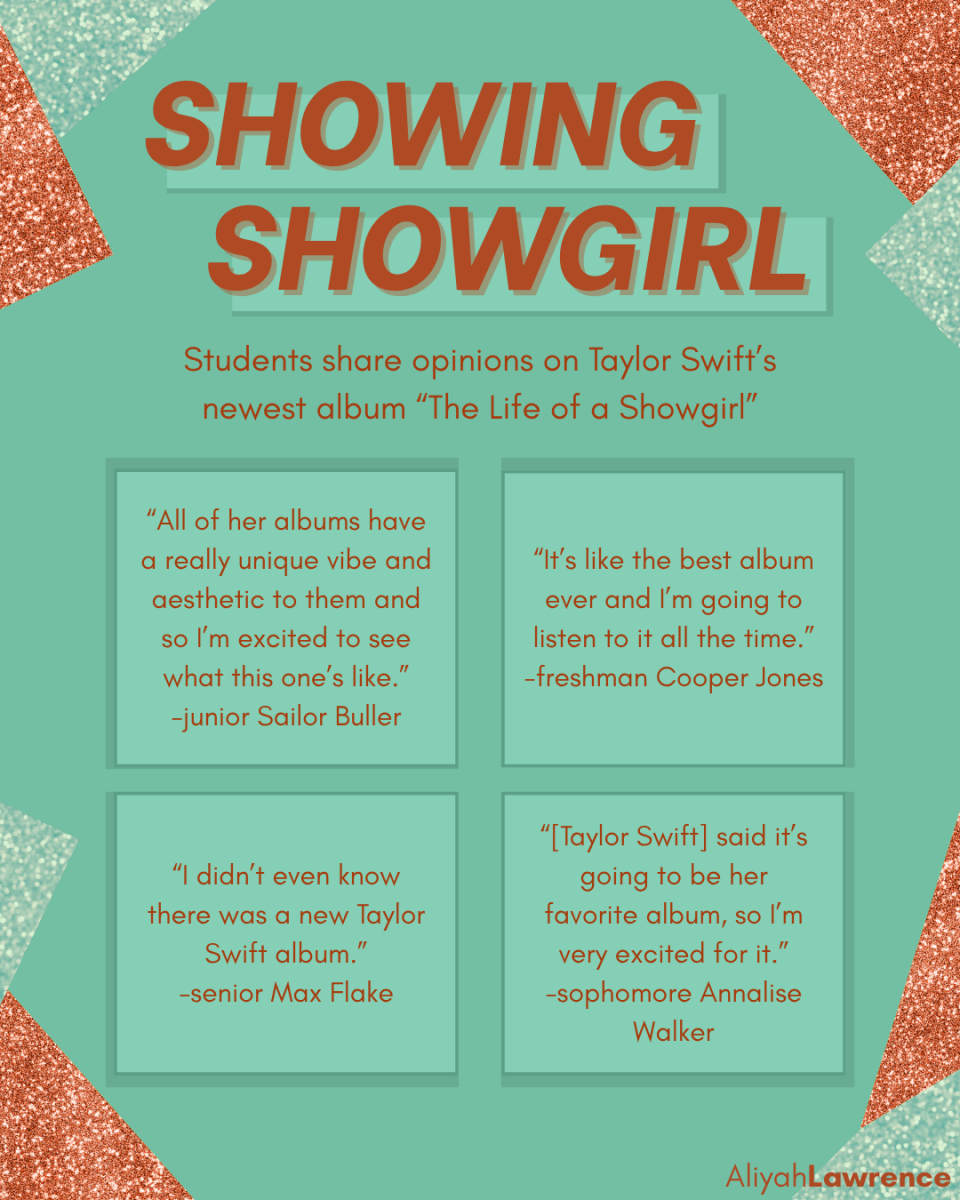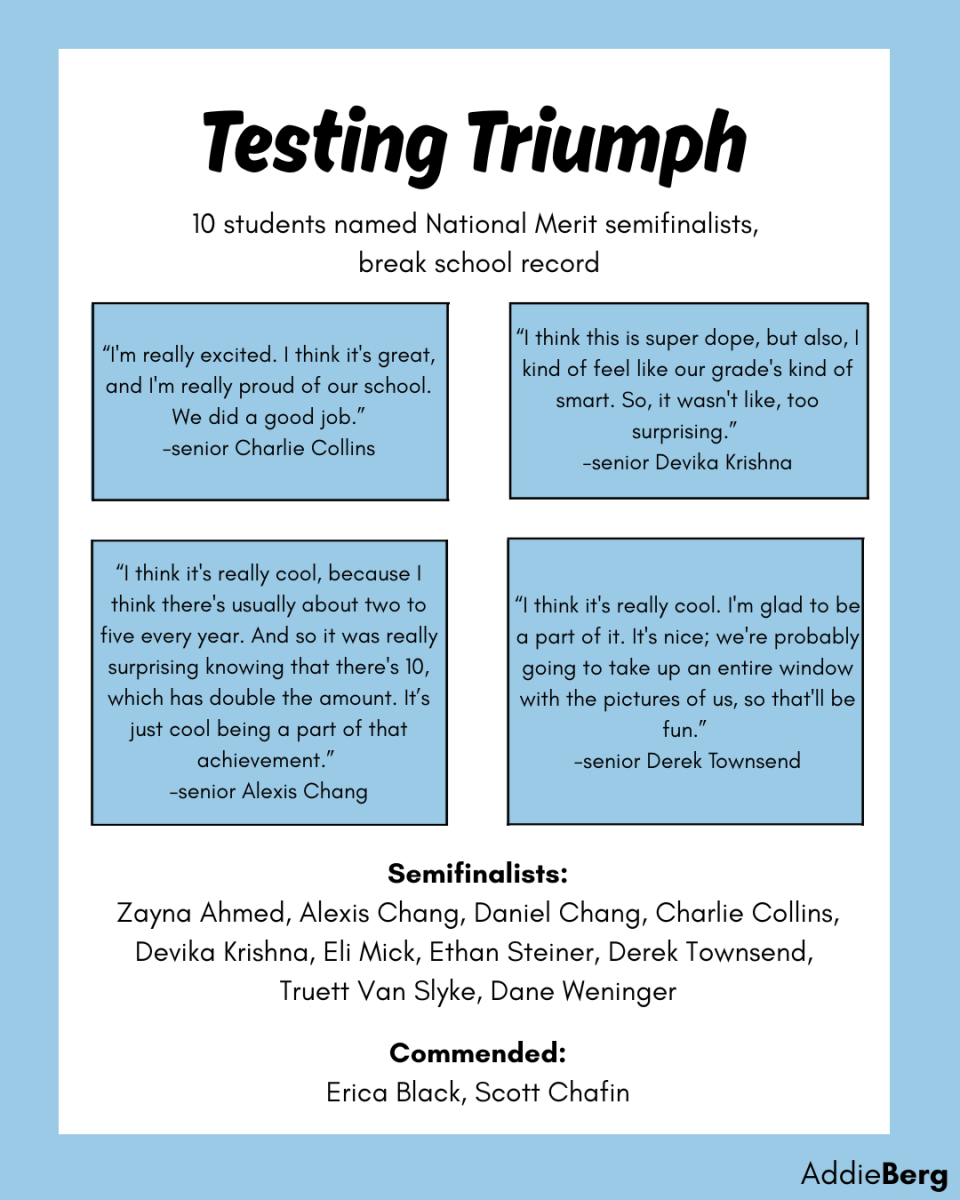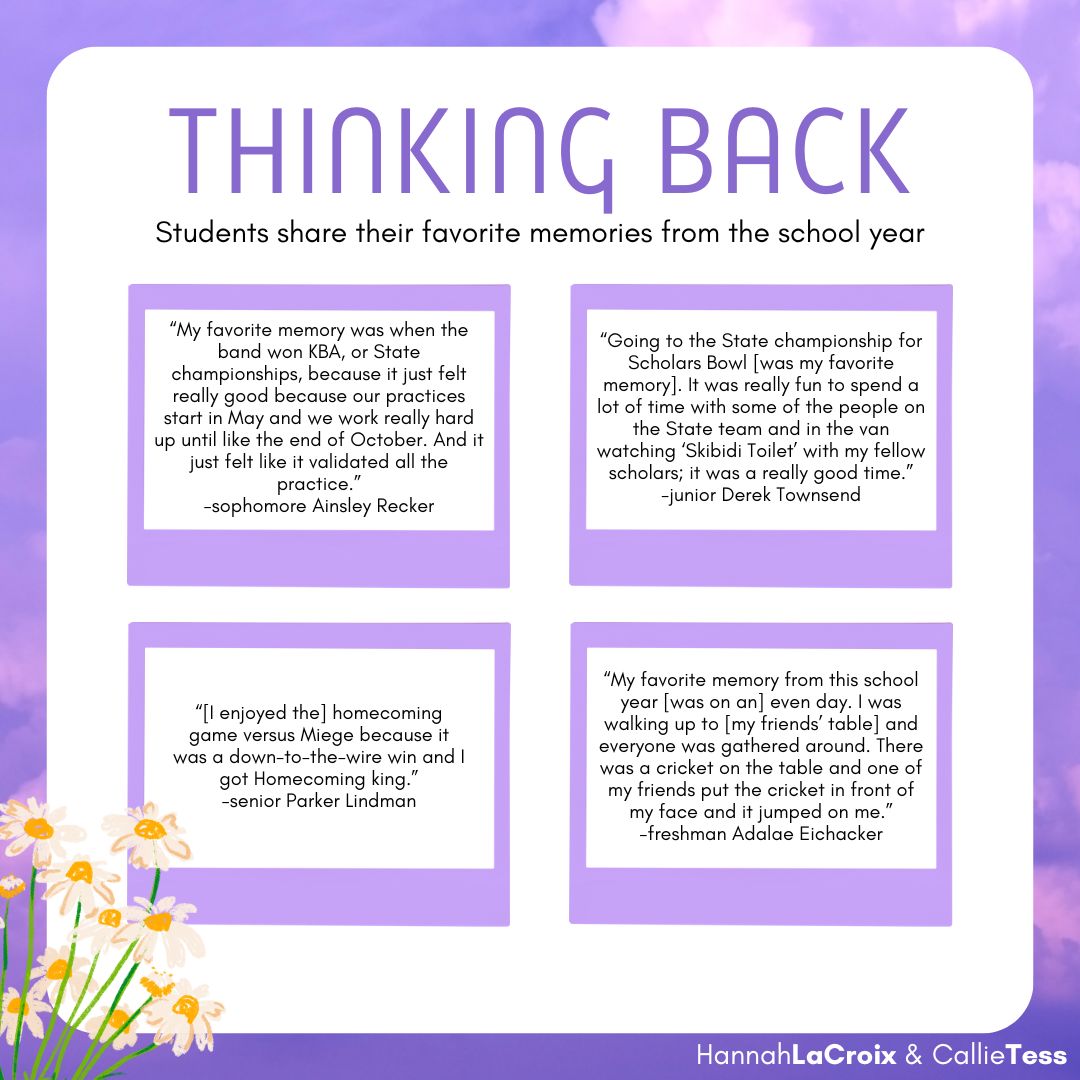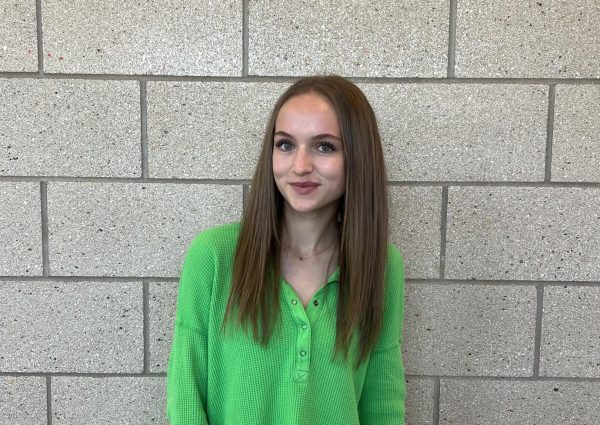Protests spread to college campuses on April 17, ranging from Loyola University New Orleans to Northwestern University in Evanston, Illinois, over the Israel-Hamas conflict. The protests originated at Columbia University in New York City, with dozens arrested for protesting Israel’s military involvement in Gaza.
According to the Crowd Counting Consortium, the Pro-Palestinian movement has since spread to more than 150 universities and colleges — including the University of Kansas and Kansas State University — fighting for schools to stop doing business with companies with ties to Israel.
According to the Lawrence Times, Pro-Palestinians hosted a march throughout the University of Kansas’s campus, and students at Kansas State University followed suit with their own march.
As a result of the protests nationwide, more than 2,500 people have been arrested according to the Associated Press and, upon the many of the universities’ requests, state, local and campus police have stepped in to disperse the crowds.
Some administrators have had trouble figuring out how to maintain peaceful protests while ensuring their students’ and faculty’s safety. Harvard University implemented a rule for students to show their school IDs if they wished to protest, while Columbia University created stricter restrictions as to who could come onto the campus.
Due to these protests, some universities postponed graduation ceremonies and other school events. Because of all these repercussions, there is an ongoing debate: if these gatherings fall within the people’s right to peacefully protest.
President Joe Biden addressed the protests on May 2, and said both first amendment rights and the rule of law need to be upheld. He also said there is no place in America “for hate speech or violence of any kind.”
For more information on the college campus protests, visit the washingtonpost.com.


